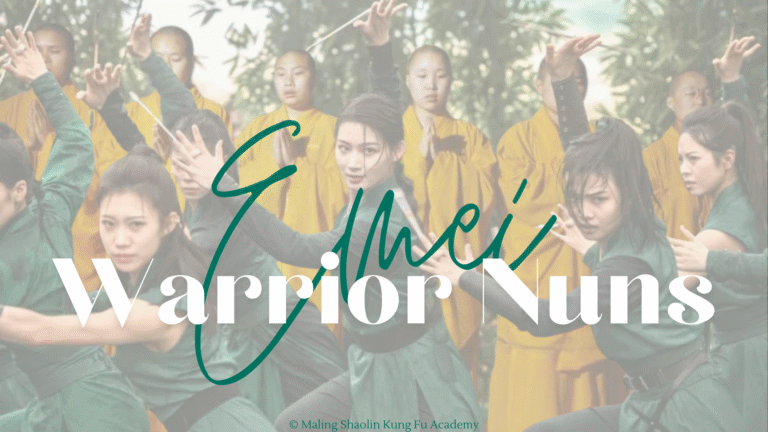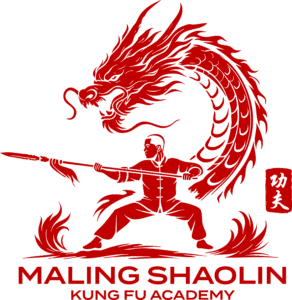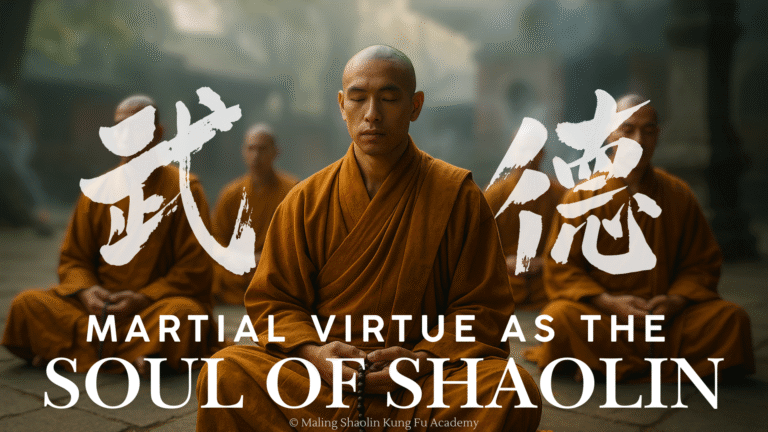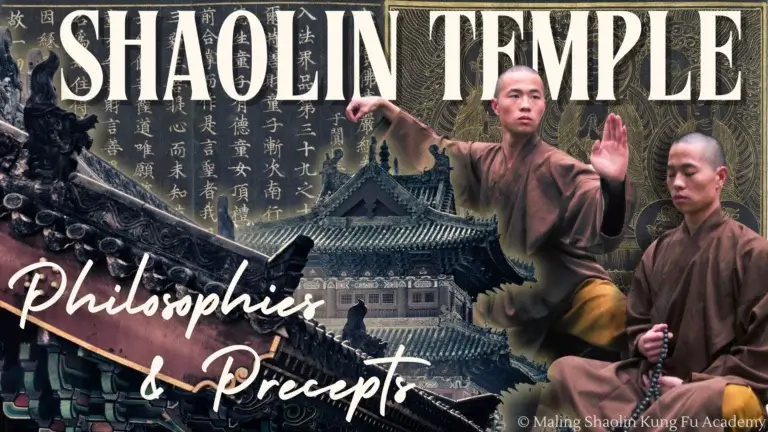The Kung Fu Warrior Nuns of Mount Emei

On China’s sacred Mount Emei, Buddhist nuns are preserving a centuries-old martial tradition. Trained in Emei-style Kung Fu, these warrior women balance spiritual discipline with remarkable martial skill. Discover how they compare to Shaolin monks, how they train, and why their legacy still matters today.




